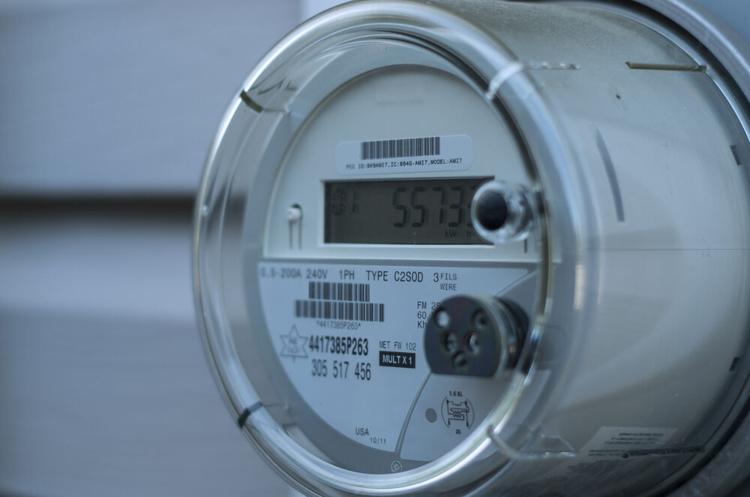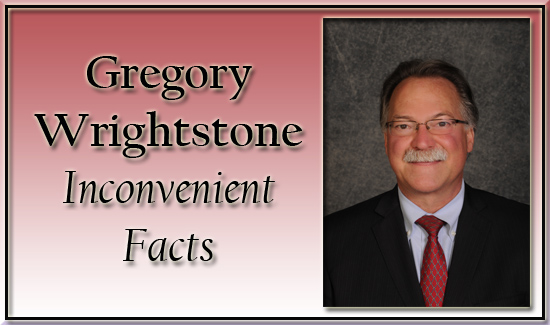So testified industry experts at a House Environmental Resources & Energy hearing on Tuesday centered on electromagnetic pulse attacks – EMP, for short – and the threat to the electric grid.
The panel discussed broad threats to the electric grid that includes weather-related events, but also threats from a hostile country or terrorism.
An EMP attack is an intense pulse of electromagnetic energy that can be caused by solar flares, nuclear devices, or manmade pulse devices. The attack can cause a “black sky event,” which is wide-ranging and long-lasting disruptions on infrastructure.
Dutrieuille emphasized the importance of preparing for such a risk.
“Reliable, resilient energy infrastructure is vital to the safety, security, and economic health of our country,” she said.
The PUC oversees utility services across the state and requires them to have security plans and measures in place, as well as emergency response and business continuity plans.
It has also emphasized working with other agencies on emergency plans and keeping the electric grid running smoothly. Since 2016, PUC has worked with the Pennsylvania Emergency Management Agency and the Governor’s Office of Homeland Security to prepare for black sky events, along with other state and federal agencies.
“The important part for me is the tearing down of the silos in terms of doing everything on your own, because you realize the need for coordinating together,” Dutrieuille said.
While the threat of an EMP attack exists, those in the industry did not view it as overwhelming.
“We take this threat very seriously and there’s been a tremendous amount of progress,” said Emanuel Bernabeu, senior director of applied innovation and analytics at PJM, a regional transmission organization that coordinates wholesale electricity movements. “We are way ahead; if you only look at five, 10 years ago, our understanding of the problem … is pretty significant right now.”
“We try to achieve maximum reliability and resilience,” he said. “We are hardening the system, and I think there could be a potential for improving operating procedures if we enhanced the coordination within the government and our industry.”
Some utilities are already expanding mitigation efforts, either in the way equipment is designed or retrofitting it, said Randy Horton, a researcher at the Electric Power Research Institute who focuses on EMP threats.
Updating infrastructure isn’t as overwhelming a task as might be assumed.
“Hardening all substations or all assets on the grid is not practical or even necessary,” Horton said.
With preparations and updates already in progress, experts didn’t see an attack on the grid as catastrophic.
“How prepared is the U.S. right now … to basically mitigate a coordinated, severe EMP event?” asked Rep. Perry Stambaugh, R-New Bloomfield.
“The ability for us to recover … even though if we have a blackout, we do believe that we would be able to recover from it,” Bernabeu said. “Please do not take this as a walk in the park – it is not … but it is a recoverable event.”
The hearing ended on an optimistic note.
“I come out of the meeting more encouraged than I was when I came into the meeting,” said Rep. Daryl Metcalfe, R-Cranberry Township. “Sounds like we’re prepared better.”





